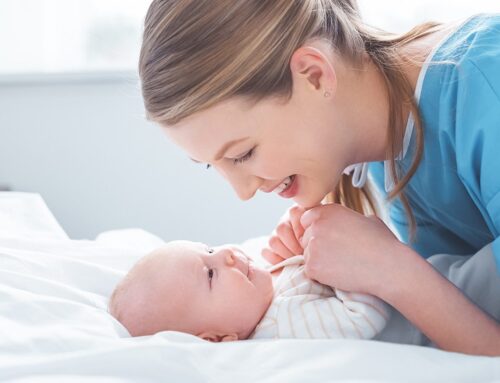Recently, the Tide Pod Challenge and coverage thereof went viral. The Tide Pod Challenge is a particularly tragic episode in the series of dumb, dangerous things teenagers do to show off. It vexes the responsible parent, who childproofed their home for babies, toddlers, and young children, but thinks that teenagers ought to know better.
What Goes On In The Teenage Brain?
Fortunately, the vast majority of teenagers do know better than to gobble up detergent pods. For the most part, the laundry pod meme exists as a joke. People who are in on the joke stage photos of laundry pods on pizzas or in cereal bowls. The punchline: you can’t eat this, even though it looks appealing. Teens discover in this way that products are designed to appeal to all of our senses so that we’re more likely to buy them; this discovery doesn’t necessarily mean they are actually inclined to eat them.
Yet the American Association of Poison Control Centers reports 86 cases of teens poisoning themselves with laundry pods in the first three weeks of January alone. Clearly, something is going on.
“Teenagers are not as readily able to access their frontal lobe to say, oh, I’d better not do this.”
Dr. Frances Jensen, a neurologist who literally wrote the book on the teenage brain, reports that teenagers lag behind adults when it comes to executive functioning. One reason for this is the lack of development when it comes to the connections between different areas of the brain. In other words, teenagers feel fast and think slow — a phenomenon that sums up the plot of Romeo and Juliet just as well as it explains the “Tide Pod challenge.”
Risk Factors for Poor Impulse Control
One of the crucial aspects of this dangerous behavior is its social factor. Reported cases of teenagers eating Tide pods involve posting videos on social media, not ingesting poison in private. Does your teen have a healthy social life? Being involved in activities that encourage healthy social behavior can reduce the risk of teens seeking unhealthy social connections.
Drinking alcohol and using drugs obviously affects impulse control. Pretty much everyone becomes more likely to endanger themselves and others while under the influence. This holds true for teenagers. Avoiding drugs and alcohol, getting a healthy amount of sleep, eating a healthy diet and staying active all contribute to heightened executive functioning.
If your teen has a condition that affects impulse control, such as ADHD or bipolar disorder, they may be more likely to take serious risks. And the stereotype that boys tend to be bigger risk-takers is supported by research, though your child’s individual temperament regardless of gender has an effect too.
The High Cost of Internet Fame
Many teenage content creators aspire to Internet fame. Some achieve their viral moment in the spotlight by posting a silly picture of laundry pods posed as food. Others, clearly, make really poor decisions for likes and comments. This was true even before the Internet age: when you look back at your own teenage years, you probably remember someone (or remember being that someone) who sauntered into homeroom and bragged about doing something that made them sick, could have gotten them arrested, or otherwise compromised their safety. Even if that person’s peers all agreed that the behavior was stupid, for a moment all of them were paying attention.
Likes and comments trigger the reward-seeking part of our brain. Teens (and for that matter, adults) can become addicted to the dopamine rush of getting these social rewards. It’s possible that teenagers do stupid, risky, even criminal things on social media for the same reason drug addicts do: they’re focused on getting their next fix. This doesn’t mean you should delete all of your children’s accounts immediately, but it does mean you should set ground rules and enforce limits on screen time.
Keep Poison Control Information Close
Save this number in your phone and stick it on your refrigerator:
24/7 Poison Help hotline: 800-222-1222.
During an emergency, call 911. The effects of poison spread quickly, and every second counts.




